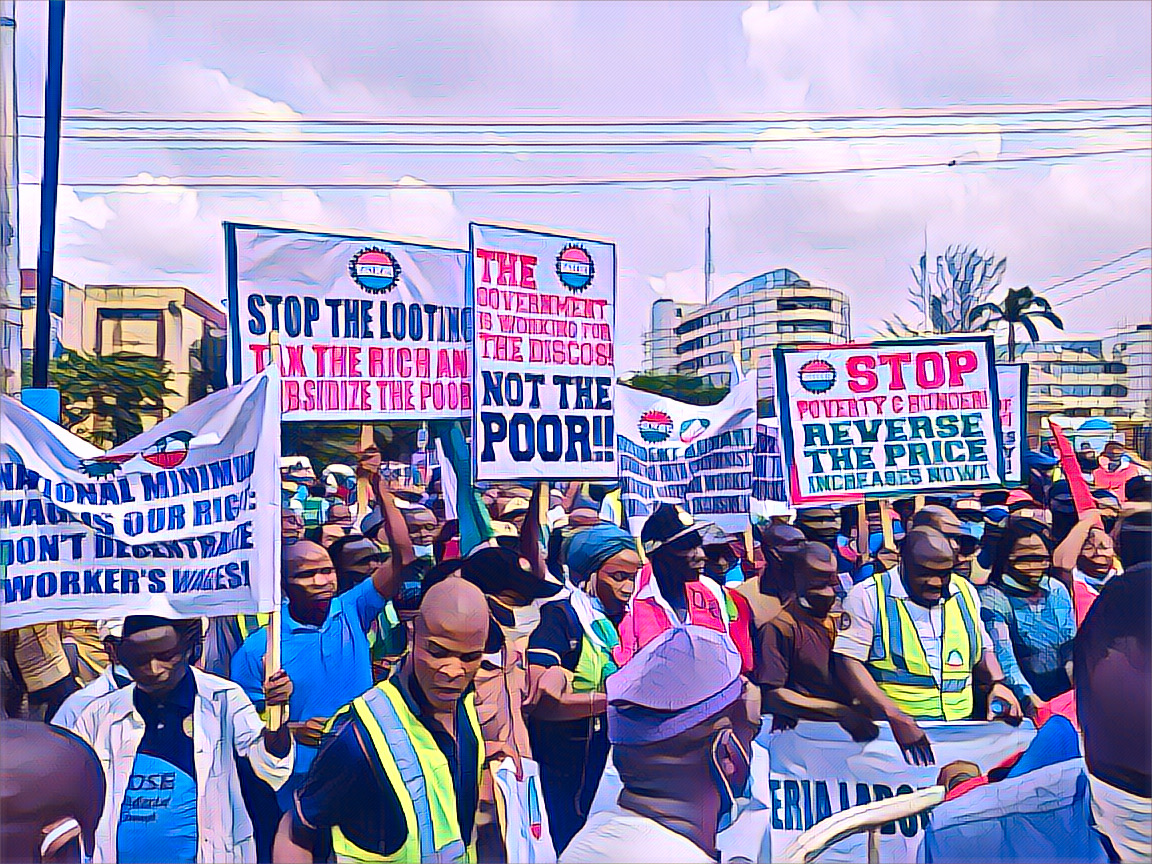A Lagos court has issued an order restricting the organizers of a planned hunger protest to specific locations within the city. The protest, organized to highlight the worsening economic conditions and rising food prices in Nigeria, has drawn attention from various advocacy groups and concerned citizens. The court’s decision aims to balance the right to peaceful assembly with public safety and order.
The court’s ruling came after authorities expressed concerns about potential disruptions and security risks associated with the protest. According to the court order, the protest must be confined to designated areas such as parks and public squares, rather than major streets or government buildings. This measure is intended to prevent any possible inconvenience to the public and ensure that the demonstration does not escalate into chaos or violence.
Organizers of the hunger protest, representing various civil society organizations, had planned a city-wide march to draw attention to the economic hardships faced by Nigerians. They argue that the high cost of food and other essentials, exacerbated by inflation and economic mismanagement, has left many struggling to make ends meet. The protest was intended to be a peaceful demonstration calling for immediate government action to address these issues.
In response to the court’s restrictions, the organizers expressed disappointment but pledged to comply with the ruling. They emphasized their commitment to conducting a peaceful protest, underscoring the importance of highlighting the plight of the vulnerable and marginalized populations affected by the economic downturn. The organizers also called on supporters to join the protest in the designated areas and to maintain peaceful conduct throughout the demonstration.
The court’s decision has sparked debate among human rights advocates and legal experts. Some argue that the restrictions infringe on the constitutional right to peaceful assembly and expression. They contend that peaceful protests should be allowed to take place in public spaces where they can attract the most attention and bring issues to the forefront. Others, however, support the court’s decision, citing the need to maintain public order and safety.
The economic situation in Nigeria has been challenging, with inflation rates remaining high and many citizens experiencing food insecurity. The government has been under pressure to address these issues, with calls for more effective policies to stabilize the economy and improve living conditions. The hunger protest is seen as part of a broader movement demanding greater accountability and action from the authorities.
As the protest day approaches, both the organizers and the authorities are preparing to ensure that the event proceeds smoothly. Security agencies have been tasked with monitoring the situation to prevent any potential disruptions or violence. Meanwhile, the organizers are urging participants to adhere to the court’s restrictions and to focus on peaceful advocacy for change.
In conclusion, the Lagos court’s restriction on the hunger protest highlights the ongoing debate over the balance between public safety and the right to protest. While the organizers are disappointed with the limitations, they remain determined to use the protest as a platform to raise awareness about Nigeria’s economic challenges and the need for urgent solutions.
Source: Tribune Online Nigeria


